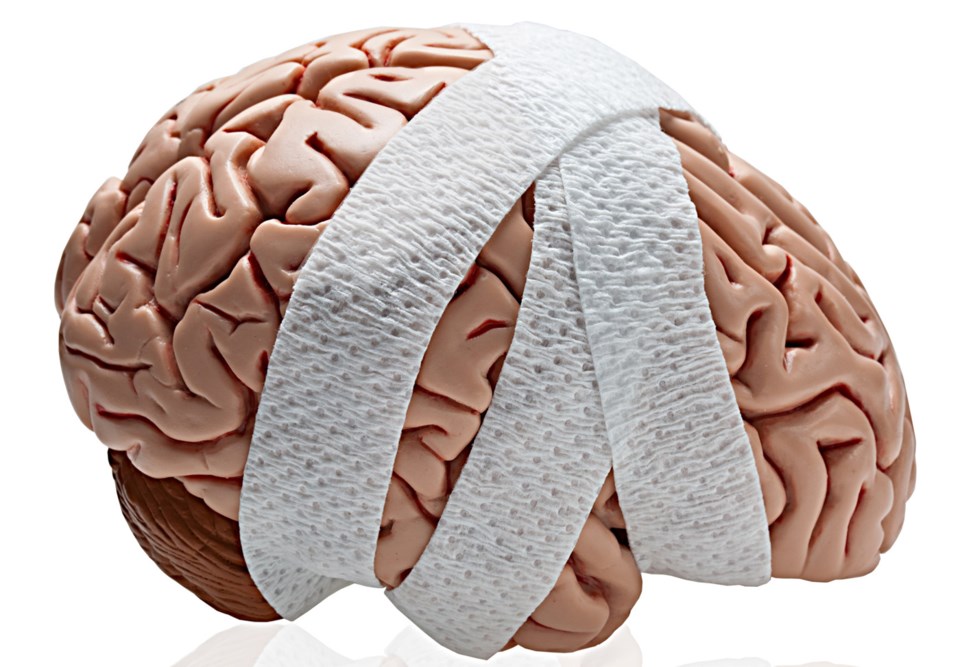According to Brain Injury Canada, a non-profit organization based in Ottawa, approximately 50 per cent of people experiencing homelessness have had a brain injury.
This is a large percentage, with varying degrees of symptoms and outcomes.
No one can verify how many of these brain injury survivors have had multiple head injuries or if at any point they even realized they had a brain injury. These folks often do not have the support and resources they need to access proper treatment for recovery.
As someone who is struggling with a brain injury, this statistic is devastating to me. Devastating in the sense that I know first-hand what it’s like to navigate through life in a climate that is like dense fog.
My friend Kelly, age 52, has struggled most of his life to make sense in a world that made little sense to him. He recalls having a good childhood growing up in Prince George. Kelly describes his family as close knit and his parents as loving and caring.
“I had a proper home with structure and ethics.” Kelly said.” My parents always had time for me and my siblings. I had a happy life with them.”
In 1985, he was brutally assaulted and spent three months in hospital. Kelly was told that his unknown assailant hit him over the head with a blunt instrument. Sharp migraine headaches set in immediately. His abilities to focus, concentrate, organize his thoughts and actions, problem solve and memory retention were significantly affected. It was recommended to Kelly that he attend rehabilitation but he declined because he would have had to access this treatment in Vancouver or Edmonton and be away from family support.
As time went on, Kelly experienced more head trauma, mostly from motor vehicle accidents. It is not surprising that he did not complete high school, had difficulties maintaining employment, maintaining housing, fell into addictions and conflict with the law.
“I’ve been told I’ve had multiple brain injuries but I can’t remember all of them.” Kelly said. “ I had no control over myself. I knew something was wrong but I couldn’t figure out what it was. I wasn’t going to feel sorry for myself so I just kept going.”
His life became unmanageable when his mother passed away, followed by his father’s death six months later. Kelly recalls he could not stabilize and would disappear and “go wander around” for weeks or months at a time.
When Kelly was 29 years old, he connected with the Brain Injured Group. It was then he met Executive Director Alison Hagreen and established a close bond with her. It was through BIG that the missing pieces started falling into place and Kelly began learning about brain injury and how this had affected his life. He continues to maintain a relationship with Hagreen who retired from her post over two years ago.
“Alison is my second mom. She made me a better person. She wouldn’t let me forget where I came from, my upbringing and the values I was shown as a kid.”
Kelly recently moved into a supported housing program. He credits his mental health outreach worker for helping him find housing. Now having his own place, Kelly feels settled enough to get back into doing hobbies such as bead and leather work and surrounding his space with plants. Kelly acknowledges he is one of the “lucky ones” to have the support of family, friends and professional community. He is also inspired to be present and connected to his ten-year-old son.
“I’ve learned over the years that I have to be happy with what I have. No matter how little. Life is too short to be negative. I just want to be happy.”
Diane Nakamura is a former social worker in Prince George.



